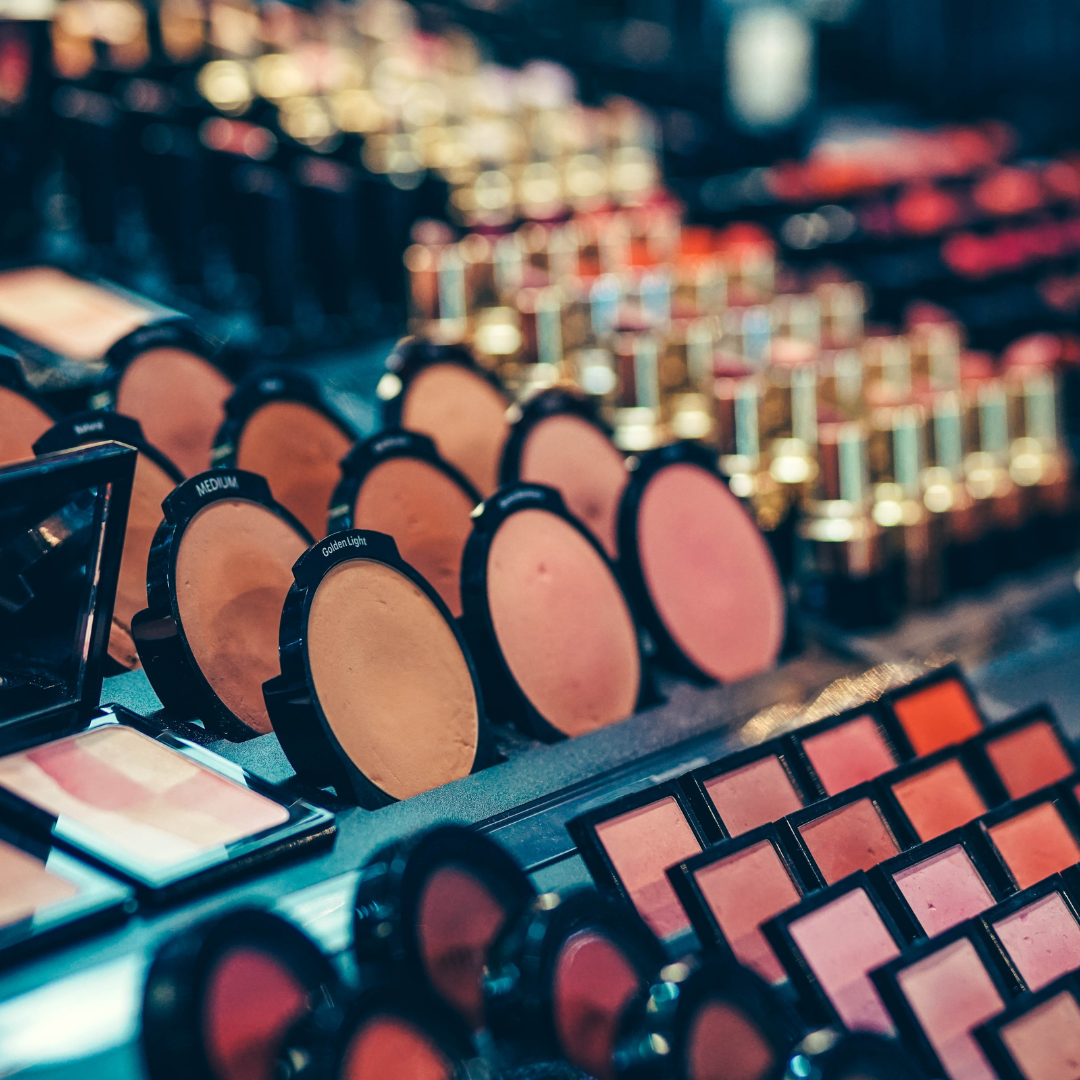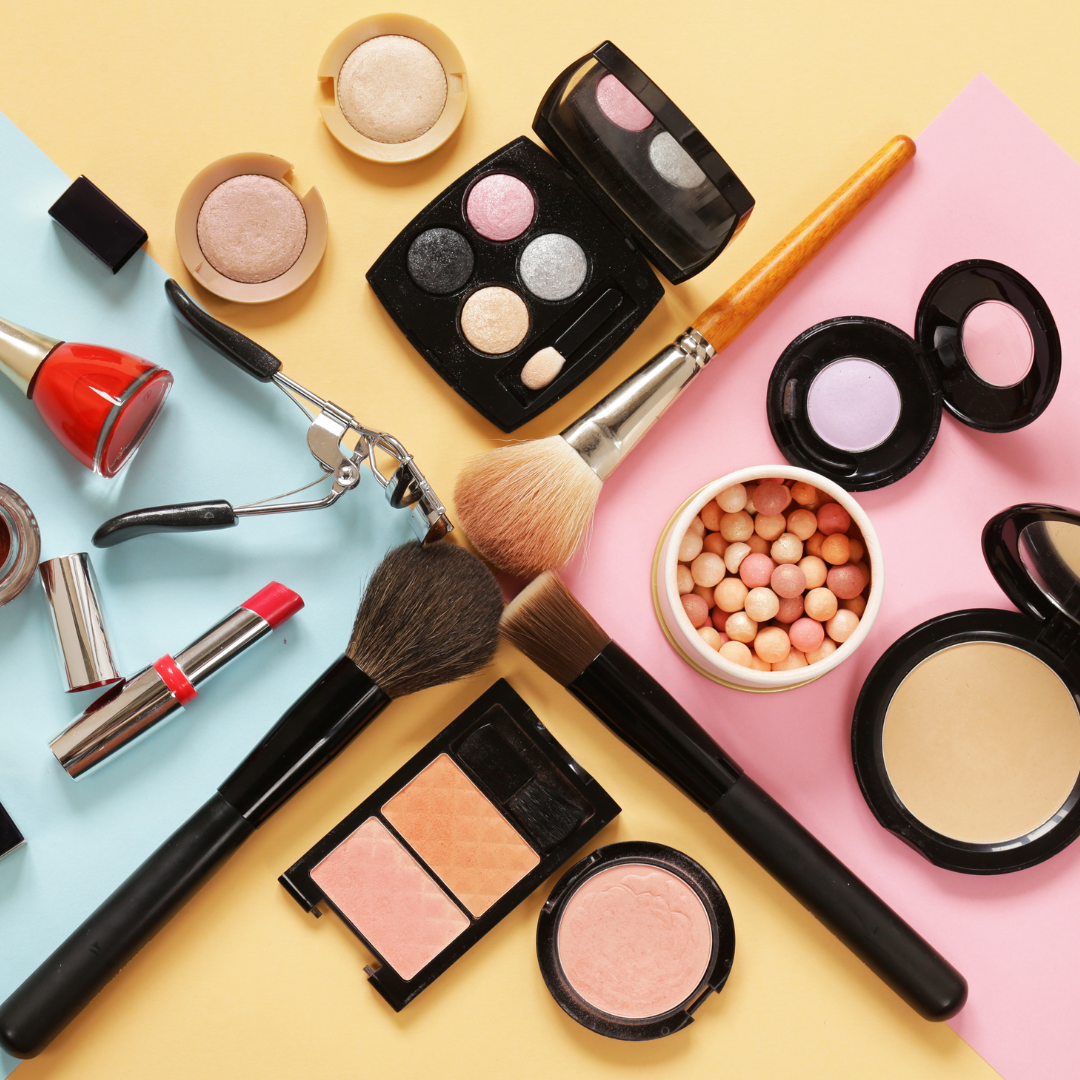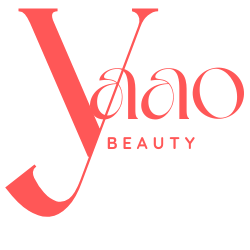Your purchasing habits matter: Support ethical brands to address global challenges
In the glamorous world of cosmetics and beauty, where larger-than-life brands have reigned supreme for decades, a seismic shift is underway. The era of beauty industry giants may be facing an inevitable collapse, as consumer preferences veer sharply towards sustainability, eco-friendliness, and nature-oriented products. The titans of the industry are now facing an existential threat as nimble, eco-conscious small businesses gain traction and reshape the market landscape.

For years, industry behemoths have dominated the scene, peddling products laden with synthetic chemicals, packaged in non-recyclable plastics, and perpetuating unrealistic beauty standards. However, in recent times, consumers have grown increasingly disillusioned with these practices, demanding transparency, ethical sourcing, and environmentally friendly alternatives.
Enter the rise of the small, sustainable beauty brands.
These trailblazers have harnessed the power of social media and grassroots movements to challenge the status quo, offering products that prioritize natural ingredients, minimal packaging, and cruelty-free manufacturing processes. In doing so, they have captured the hearts and wallets of consumers who are seeking authenticity and ethical integrity in their beauty routines.
The consequences for industry giants are dire.
As consumers become more educated and discerning, they are shunning traditional brands in favor of these upstarts, causing a significant dent in the profits of the cosmetic conglomerates. Sales are plummeting as once-loyal customers defect in search of greener pastures – quite literally.
Moreover, the environmental and ethical implications of the beauty industry's practices are coming under increasing scrutiny. From the depletion of natural resources to the pollution caused by plastic waste, the negative impacts of conventional beauty production are impossible to ignore. Consumers are no longer willing to turn a blind eye to these issues, and they are voting with their wallets accordingly.

In response, some industry giants have attempted to rebrand themselves as more eco-friendly and sustainable. However, these efforts often come across as insincere and superficial, mere greenwashing attempts to salvage their tarnished reputations. The reality is that these companies are too deeply entrenched in outdated practices and profit-driven motives to effect meaningful change.
Meanwhile, the small businesses leading the charge towards sustainability are thriving. With their nimble operations, genuine commitment to ethical principles, and innovative product offerings, they are capturing an ever-expanding market share. Consumers are drawn to their authenticity and transparency, willing to pay a premium for products that align with their values.
As the momentum behind the sustainability movement continues to grow, the days of the beauty industry giants may be numbered. Their colossal empires built on exploitation and excess are crumbling in the face of a more conscious consumer base. In their place, a new generation of beauty brands is rising – ones that prioritize people, planet, and authenticity above all else.
In conclusion, the collapse of the beauty industry giants is not just a possibility – it's an inevitability. The tides of change have already begun to turn, and those who fail to adapt will be left behind in the wake of progress. The future of beauty belongs to those who embrace sustainability, ethics, and nature – and the giants of the past may find themselves relegated to the annals of history.

An overview of trends up to last update in January 2023:
1. Growth of Sustainable Beauty Market: The global market for natural and organic beauty products has been steadily growing. According to Grand View Research, the global organic personal care market size was valued at $13.91 billion in 2020 and is expected to grow at a compound annual growth rate (CAGR) of 8.4% from 2021 to 2028.
2. Consumer Preference for Eco-friendly Products: A survey conducted by Nielsen found that 66% of global consumers are willing to pay more for sustainable brands, with younger generations showing an even stronger preference for eco-friendly products.
3. Shift Towards Cruelty-Free and Vegan Products: The demand for cruelty-free and vegan beauty products has been on the rise. According to data from The Vegan Society, the number of vegan cosmetics launches has increased by 175% between 2013 and 2018.
4. Impact of Social Media: Social media platforms like Instagram and TikTok have played a significant role in popularizing small, sustainable beauty brands. Influencers and beauty enthusiasts often promote eco-friendly products, contributing to their increased visibility and sales.
5. Rise of Clean Beauty: Consumers are increasingly concerned about the ingredients in their beauty products. The clean beauty movement, which advocates for products free from harmful chemicals, has gained momentum. According to The NPD Group, sales of clean beauty products in the United States grew by 29% in 2020.
6.Emphasis on Packaging Sustainability: Packaging waste is a significant concern for consumers. Brands that use minimal and recyclable packaging are gaining favor. A report by GlobalData found that 61% of consumers globally prefer products with minimal packaging.
These statistics highlight the growing consumer preference for sustainable, eco-friendly, and nature-oriented beauty products, indicating a significant shift in the industry landscape away from traditional giants towards smaller, more ethical brands.



Comments ()